
Hepatitis B SIG: Getting to HBV Cure: The Path Forward
Recorded On: 10/20/2017
There is a critical need for curative therapy for hepatitis b (HBV). This program will systematically review the various approaches to achieving this goal. Attendees will gain a greater appreciation for the challenges in developing new HBV therapies and discover where new therapies will fit into the future treatment landscape for this disease.
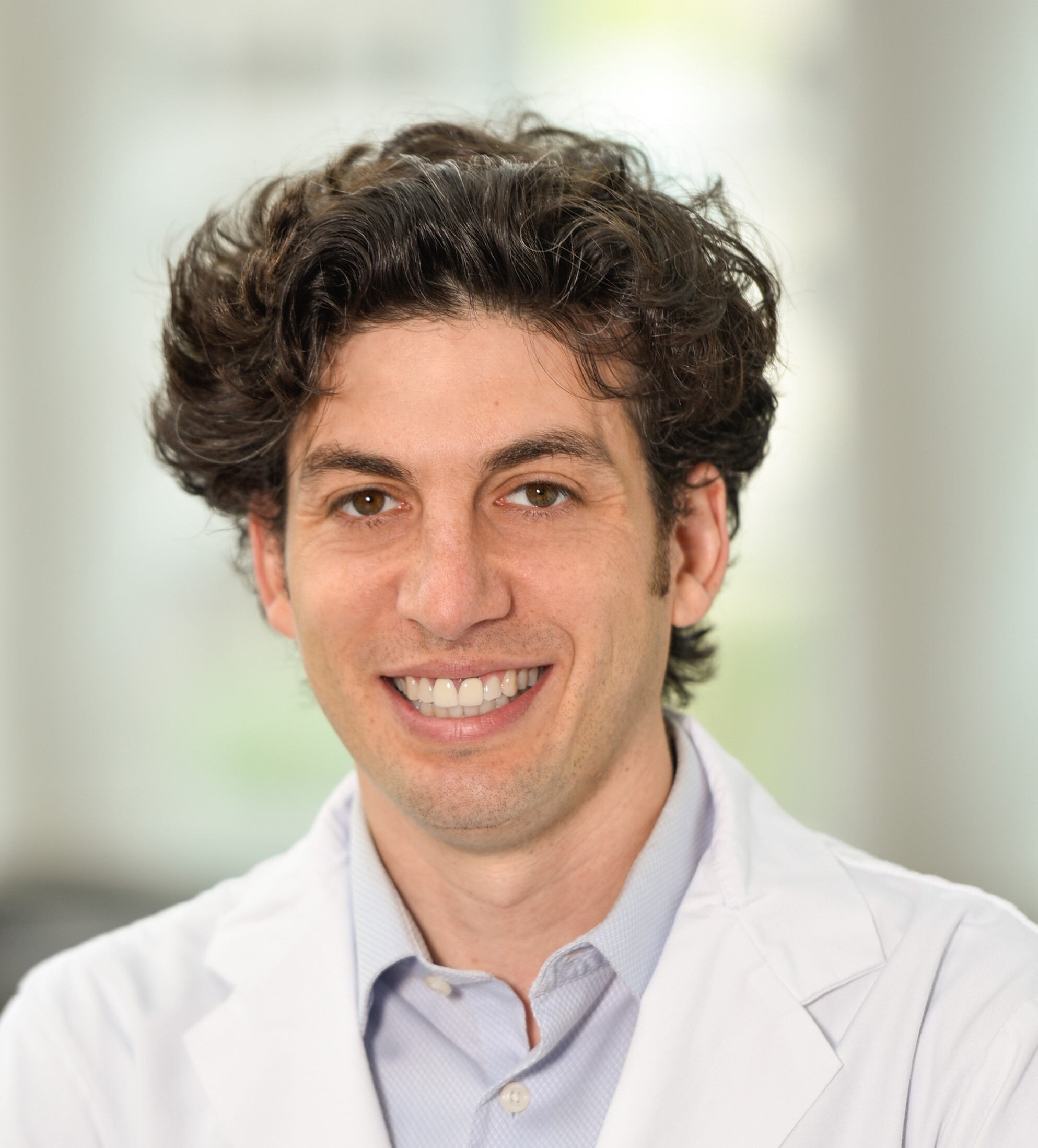
Jordan J. Feld
Jordan J. Feld, MD, MPH, FAASLD attended medical school at the University of Toronto and then completed residency programs in Internal Medicine and Gastroenterology. Following his clinical training, Dr. Feld focused on developing skills in clinical and laboratory research in liver disease, with a particular interest in viral hepatitis. He completed a clinical research fellowship in hepatology and then spent four years doing clinical and laboratory research in the Liver Diseases Branch of the National Institutes of Health. He received a Master of Public Health with a focus on infectious diseases as a Sommer Scholar from Johns Hopkins University and has worked extensively abroad, maintaining a strong interest in International Health.
Dr. Feld holds the R. Phelan Chair in Translational Liver Research as a clinician-scientist at the Toronto Centre for Liver Disease in the Toronto General Hospital and the Sandra Rotman Centre for Global Health at the University of Toronto. He leads a large clinical research team evaluating new therapeutics and diagnostics for hepatitis B and C virus infections and has led pivotal international trials to establish new treatment paradigms. He serves on the AASLD/IDSA hepatitis C treatment guidance panel and the Pan American Health Organization Technical Advisory Group on Viral Hepatitis and has co-chaired international congresses including the International Symposium on Viral Hepatitis and Liver Disease, the International Viral Hepatitis Elimination Meeting and HCV2020. He founded and co-Chairs the Schwartz-Reisman Liver Research Centre that brings together all senior investigators doing basic and translational research in liver disease at the University of Toronto. His primary laboratory interests focus on understanding virological adaptations to the intrahepatic antiviral immune response.

Su H. Wang
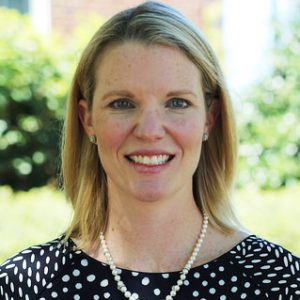
Rachel Church
Rachel Church, PhD is a Research Assistant Professor in the Department of Pharmacotherapy and Experimental Therapeutics within the Eshelman School of Pharmacy at the University of North Carolina, Chapel Hill. She also serves as the Director of UNC Organ Injury Biomarker Core that is part of UNC’s Institute for Drug Safety Sciences. Dr. Church received her B.S. degree from North Carolina State University and her Ph.D. from UNC Chapel Hill. Given the shortcomings of traditional measurements, the research of Dr Church aims to broaden the use and understanding of candidate biomarkers of organ injury, with a primary focus on clinical drug-induced liver injury. Dr. Church is also interested in identifying novel applications for traditional biomarkers that will improve their interpretation. Prior to joining UNC, Dr. Church was a Research Investigator at the Hamner Institutes for Health Sciences.

Jorg Petersen

Stephen Locarnini

Adam J. Gehring

Scott D. Holmberg
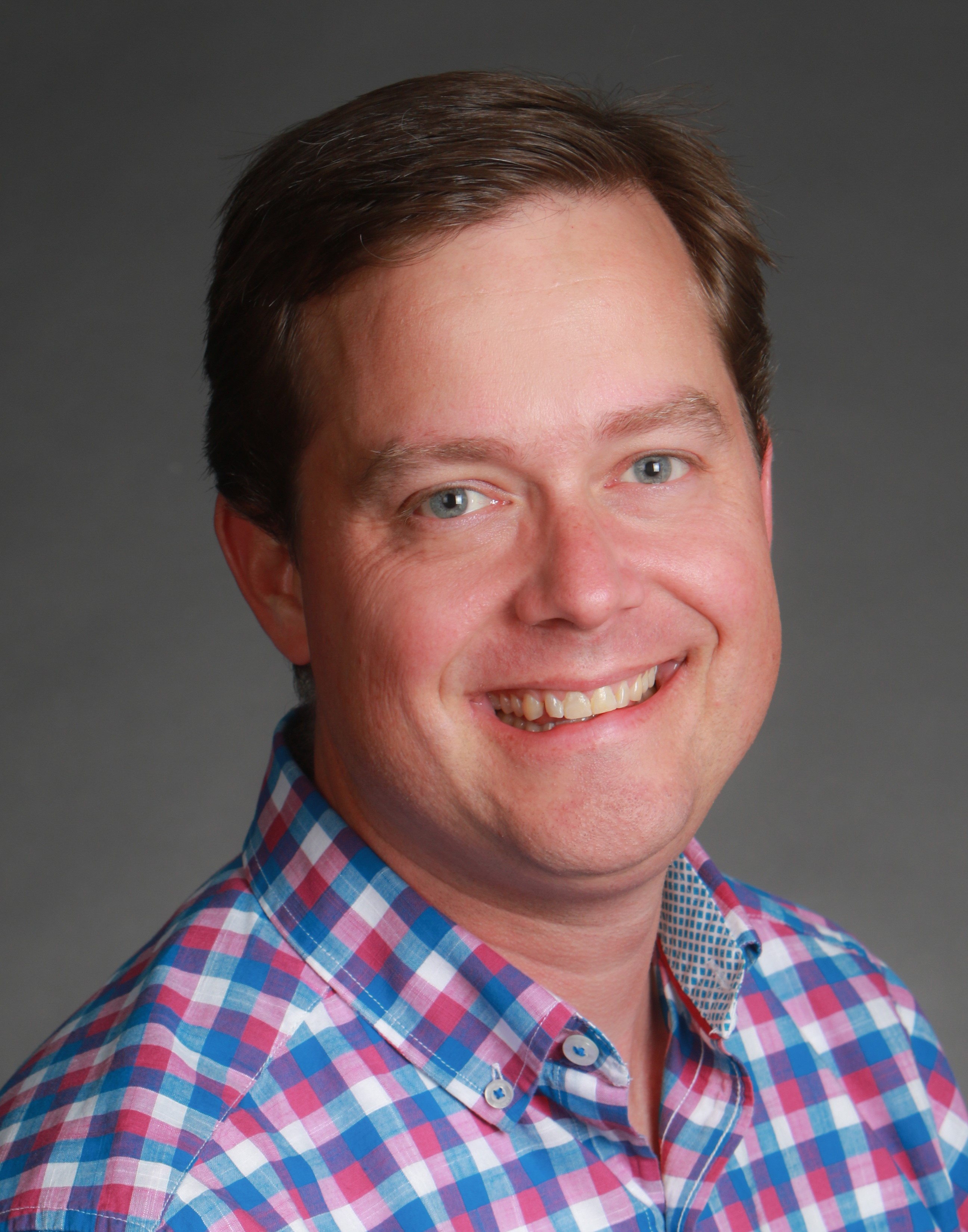
William Proctor
Will Proctor, PhD, DABT is a Senior Scientist and Senior Director of Predictive Toxicology in the Department of Safety Assessment at Genentech, Inc. Prior to joining Genentech in 2013, Dr. Proctor earned his BS in Chemistry from Trinity College and PhD in Pharmaceutical Sciences from the University of North Carolina at Chapel Hill in the laboratory of Dr. Dhiren Thakker with a focus on drug transport and pharmacokinetics. He then performed postdoctoral training at the National Institutes of Health in the laboratory of Dr. Lance Pohl, with research centered on immune mechanisms of drug-induced liver injury (DILI). Will is a board-certified toxicologist and organizational leader with 10 years of experience in investigative and discovery toxicology. At Genentech, Dr. Proctor serves as the Senior Director of Predictive Toxicology, where he oversees the Investigative Toxicology Laboratory, Complex In Vitro Systems Laboratory, and non-clinical safety support for the Small-Molecule Drug Discovery (SMDD) organization. He is also actively involved in several cross-pharma consortia, with leadership roles in the Innovation and Quality (IQ) Microphysiological Systems Affiliate and the Non-clinical Working Group of the IQ DILI Affiliate. In addition to these activities, Will has continued his research in mechanisms of DILI, including identifying and qualifying preclinical tools to better assess hepatotoxicity risk during drug discovery.
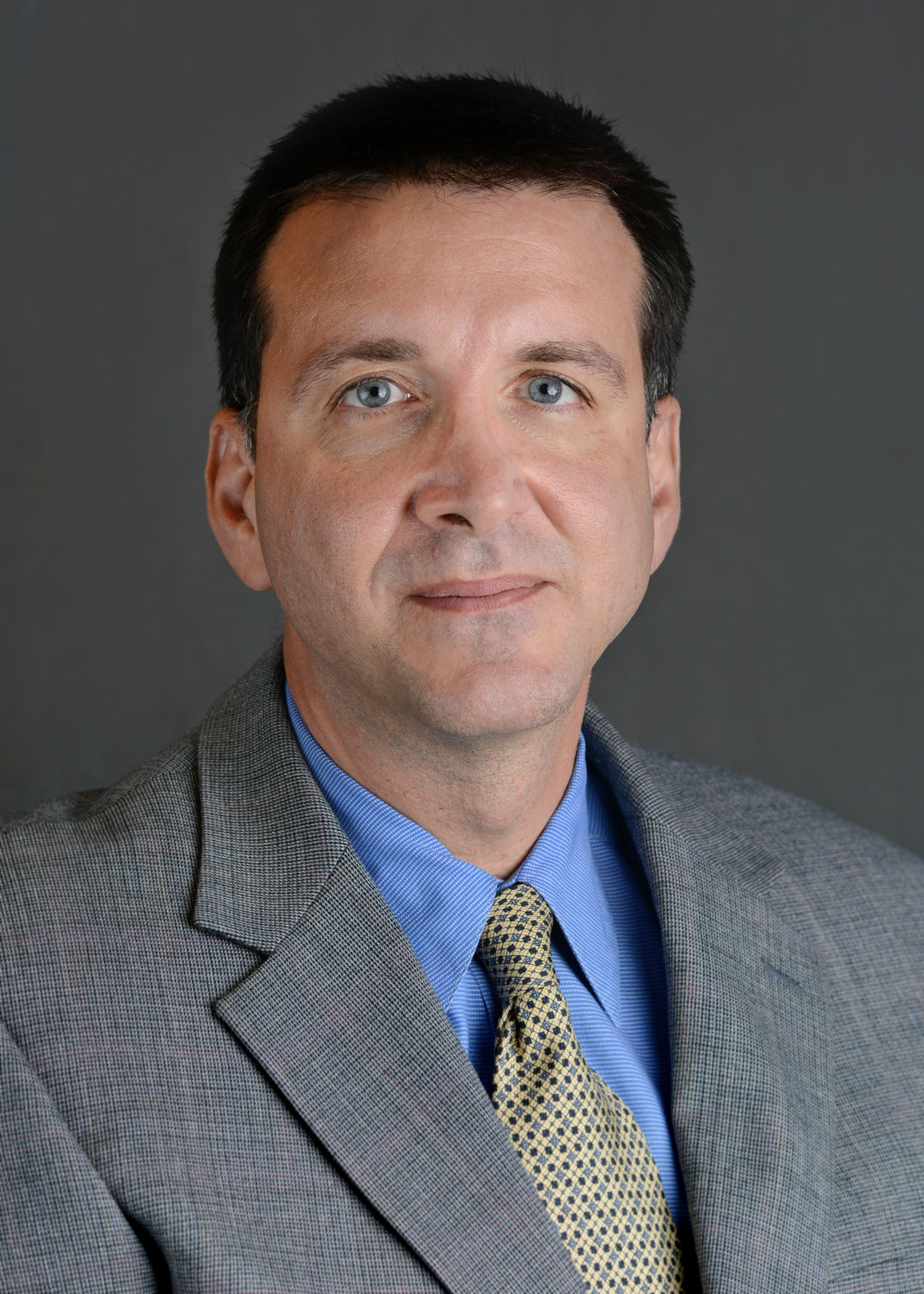
Mark W. Russo
Mark W. Russo, MD, MPH, FAASLD is Medical Director of Liver Transplantation, Chief, Division of Hepatology, and Clinical Professor of Medicine at Carolinas Medical Center-Atrium Health. At the American Association for the Study of Liver Diseases, Dr. Russo is Chair of the Maintenance of Certification Committee, member of the Nominating Committee, co-director of the 2020 AASLD Transplant Hepatology Board Review course, and member of a working group planning for the future hepatology workforce. He is an Associate Editor for the American Journal of Gastroenterology and serves on the editorial board of Expert Reviews in Gastroenterology and Hepatology and the Journal of Clinical Medicine. He has more than 100 peer-reviewed publications and editor of the textbook Diagnosis and Management of Autoimmune Hepatitis.

Ju-Tao Guo
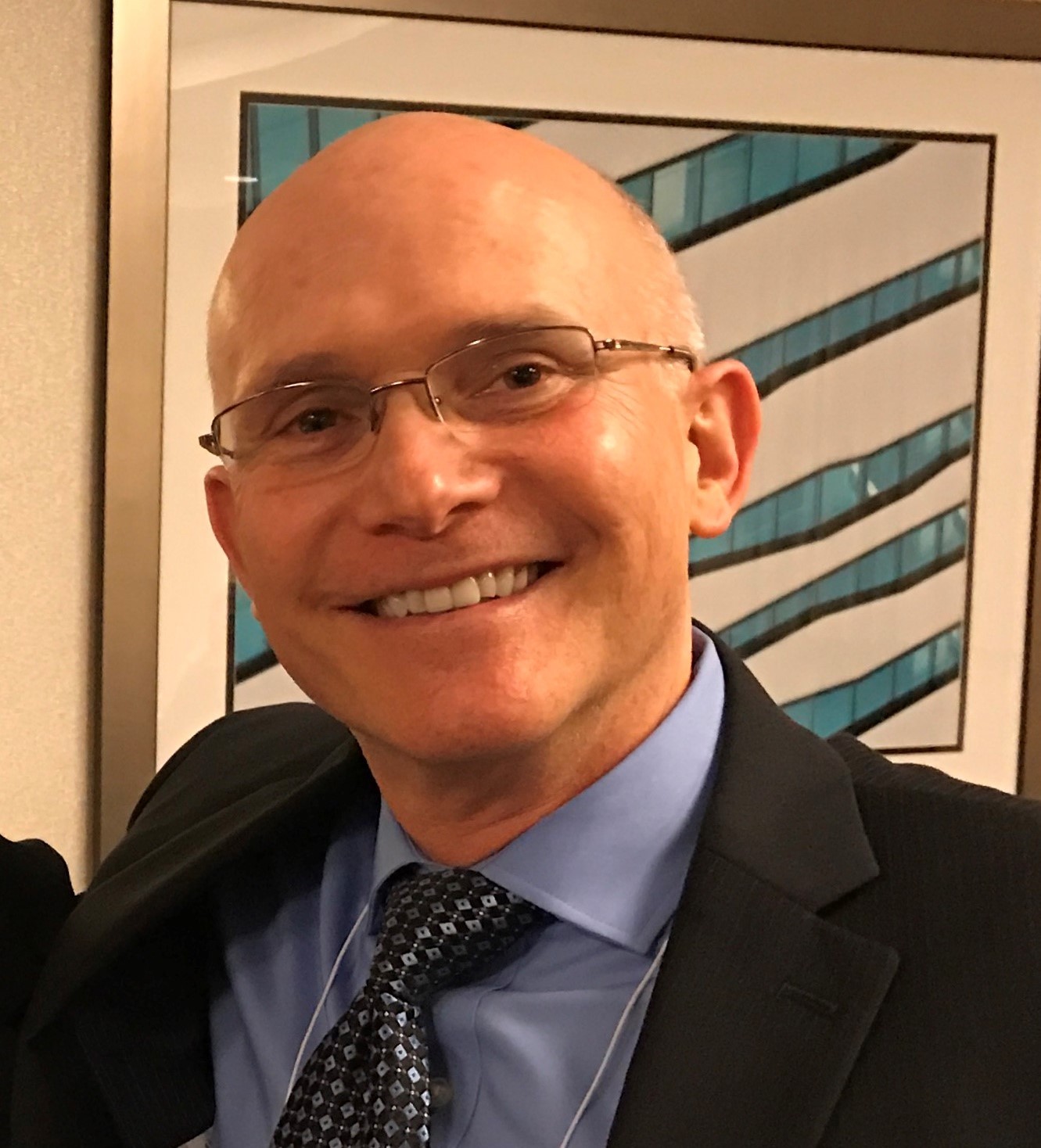
Arie Regev
Arie Regev, MD, FAASLD is a gastroenterologist and hepatologist working in the Global Patient Safety organization of Eli-Lilly and Company. He heads Lilly’s Safety Advisory Hub and is the chair of Lilly’s Liver Safety Advisory Committee. Dr. Regev is the founding co-chair of the IQ-DILI initiative, and a co-chair of the CIOMS DILI working group. He is a member of the steering committee and a co-chair the immunotherapy working group of the IQ DILI initiative. Dr. Regev is an associate professor of medicine at the division of gastroenterology and hepatology of Indiana University School of Medicine. Prior to joining Eli-Lilly he was an associate professor of medicine and director of the hepatology training program of the University of Miami School of Medicine.
Dr. Regev received his MD from the Hebrew University in Jerusalem, Israel. He completed residency in medicine and fellowship in gastroenterology at Rabin Medical Center and Tel Aviv University, and completed clinical fellowship in hepatology and transplant hepatology at the division of hepatology of the University of Miami, Florida.
Dr. Regev has conducted numerous clinical trials in the field of viral hepatitis, liver transplantation, and drug induced liver injury. He was the principal investigator of several NIH funded and industry supported clinical trials in the areas of viral hepatitis, nonalcoholic fatty liver disease, drug induced liver injury, and liver transplantation. He is the author of numerous publications in major medical journals and several chapters in leading medical textbooks. Dr. Regev received teaching and research awards at the University of Miami and Tel Aviv University. He joined Eli-Lilly and the Global Patient Safety organization in 2007.

